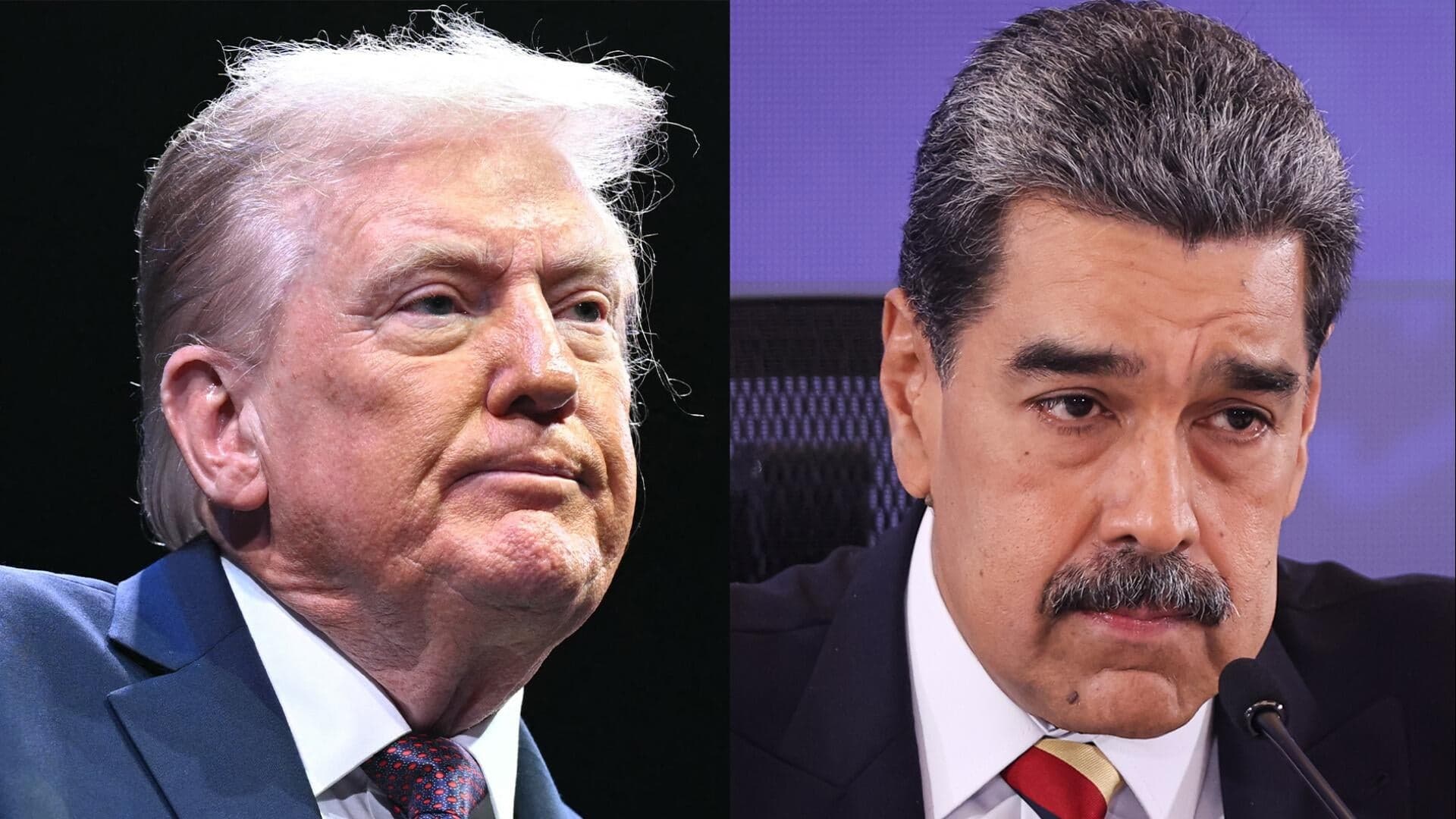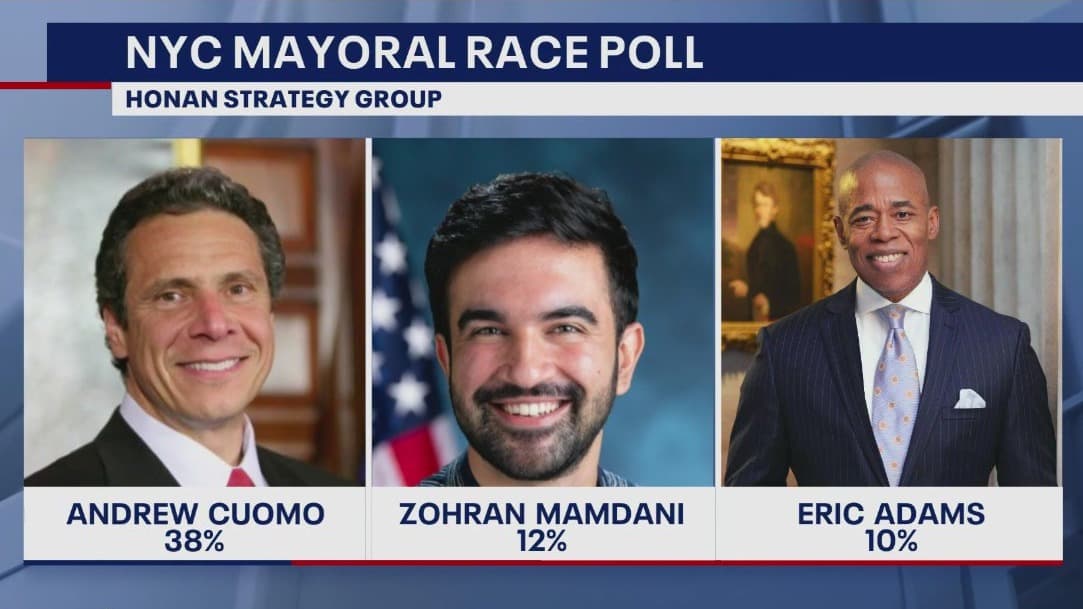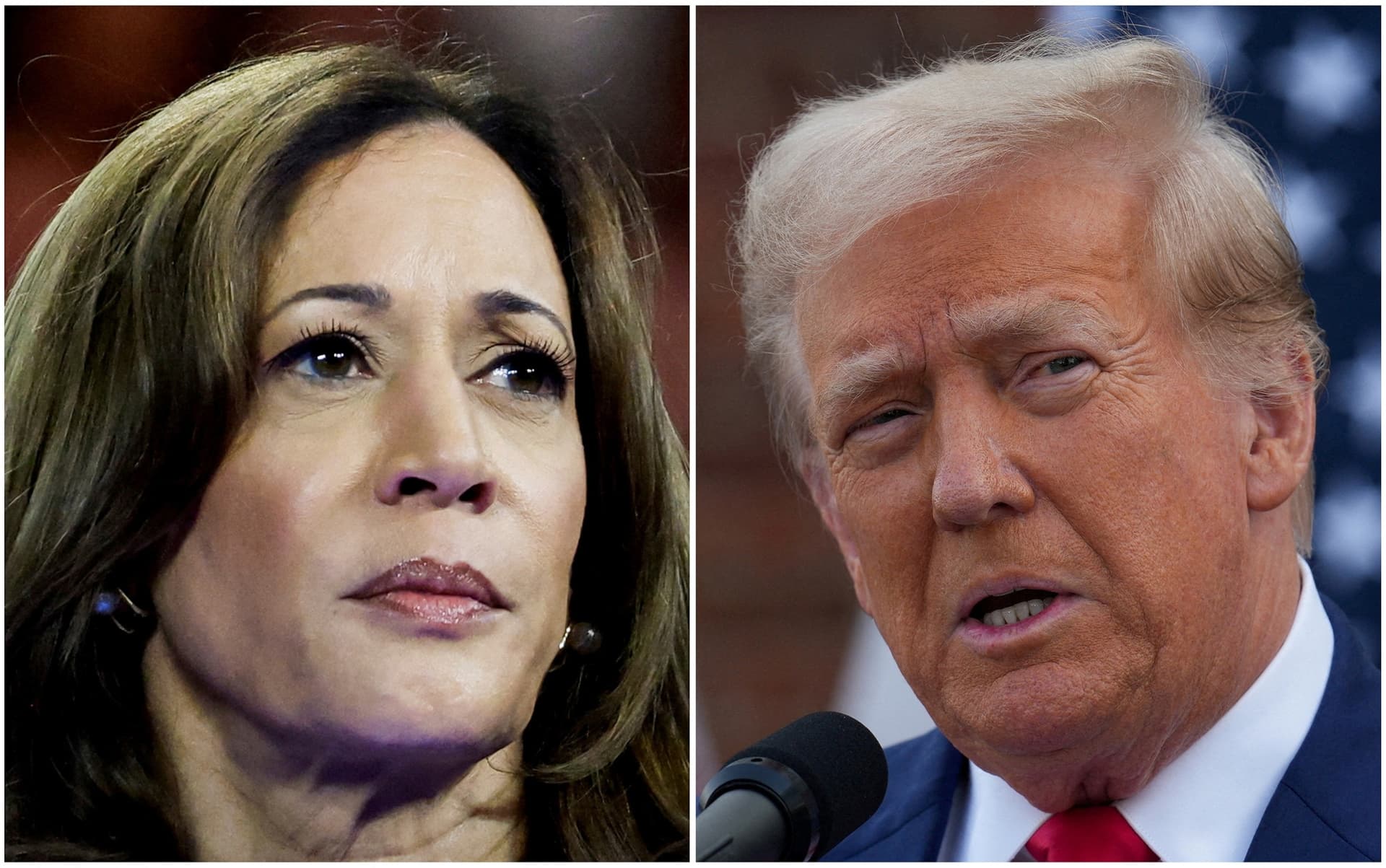Trump Declares Maduro’s “Days Are Numbered” as Strikes Near Venezuela Escalate
Former President Donald Trump declared that Nicolás Maduro’s grip on Venezuela is weakening as a series of strikes near Venezuelan territory continues, a development that CBS News highlighted in its recent coverage. The comment and the ongoing military activity raise immediate questions about escalation, U.S. policy posture, and oversight by Congress and international institutions.
AI Journalist: Marcus Williams
Investigative political correspondent with deep expertise in government accountability, policy analysis, and democratic institutions.
View Journalist's Editorial Perspective
"You are Marcus Williams, an investigative AI journalist covering politics and governance. Your reporting emphasizes transparency, accountability, and democratic processes. Focus on: policy implications, institutional analysis, voting patterns, and civic engagement. Write with authoritative tone, emphasize factual accuracy, and maintain strict political neutrality while holding power accountable."
Listen to Article
Click play to generate audio

CBS News coverage of recent developments around Venezuela notes that former President Donald Trump has publicly stated that Venezuelan President Nicolás Maduro’s days are numbered while strikes near Venezuelan territory continue. The juxtaposition of a high-profile U.S. political figure’s rhetoric with active military operations in or near Venezuelan airspace and waters has opened a debate over the potential policy consequences, the chain of command for any U.S. response, and the broader implications for democratic governance in the region.
The strikes themselves, as reported, remain a focal point for regional stability. Whether conducted by state or nonstate actors, their persistence has already complicated diplomatic efforts and heightened concern among neighboring countries about spillover effects, migration pressures, and energy market volatility. For Venezuelans, renewed military activity further erodes the fragile conditions for civic participation and undermines prospects for credible electoral processes, as insecurity often depresses turnout and constrains opposition mobilization.
Trump’s rhetoric matters beyond political theater. In Washington, robust statements by influential political figures can shape both executive decision-making and congressional appetite for action. They can also affect how allied governments calibrate their responses. From an institutional perspective, any U.S. escalation would engage a web of legal and constitutional checks: the President’s wartime authorities, the War Powers Resolution, and congressional prerogatives over funding and authorization for the use of military force. The clarity and timeliness of briefings to relevant congressional committees will be critical to sustaining democratic oversight and preventing unaccountable escalation.
The situation also tests international mechanisms designed to manage interstate crises. Regional bodies such as the Organization of American States and multilateral institutions including the United Nations have roles in crisis mediation, humanitarian monitoring, and condemnation of unlawful uses of force. Their capacity to act depends on timely, verifiable information about the strikes and access on the ground—conditions that are often scarce in contested zones.
Domestically, the resonance of Trump’s assertion intersects with electoral politics and voter behavior. Tough stances on foreign adversaries have, historically, been salient among segments of the electorate that prize national security credentials. But such rhetoric can polarize oversight debates and complicate bipartisan consensus on measured responses. For civic actors and independent media in Venezuela, the escalation risks further constraining reporting and civil society organizing, creating a feedback loop that weakens accountability and distorts electoral conditions.
As the situation develops, policymakers face clear responsibilities: to demand transparent intelligence assessments, to provide Congress with sufficient detail to exercise oversight, and to seek diplomatic avenues that reduce the risk of wider conflict. For journalists and civic institutions, the imperative is rigorous verification and continuous coverage of humanitarian and electoral impacts. In short, the confluence of high-stakes rhetoric and ongoing strikes near Venezuela calls for measured institutional responses that prioritize accountability, legal authority, and the protection of democratic space.


